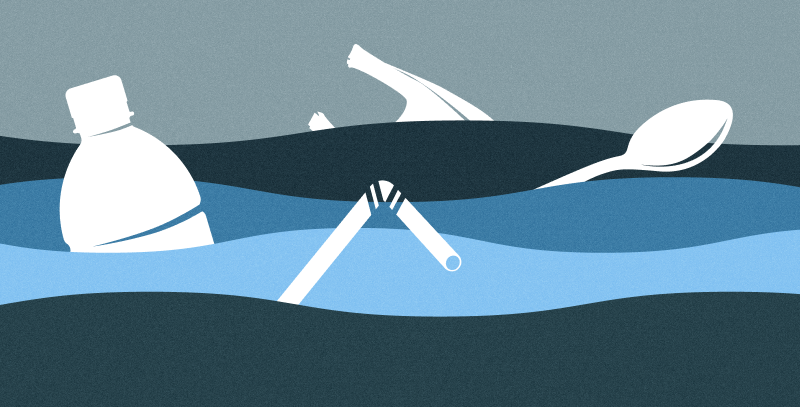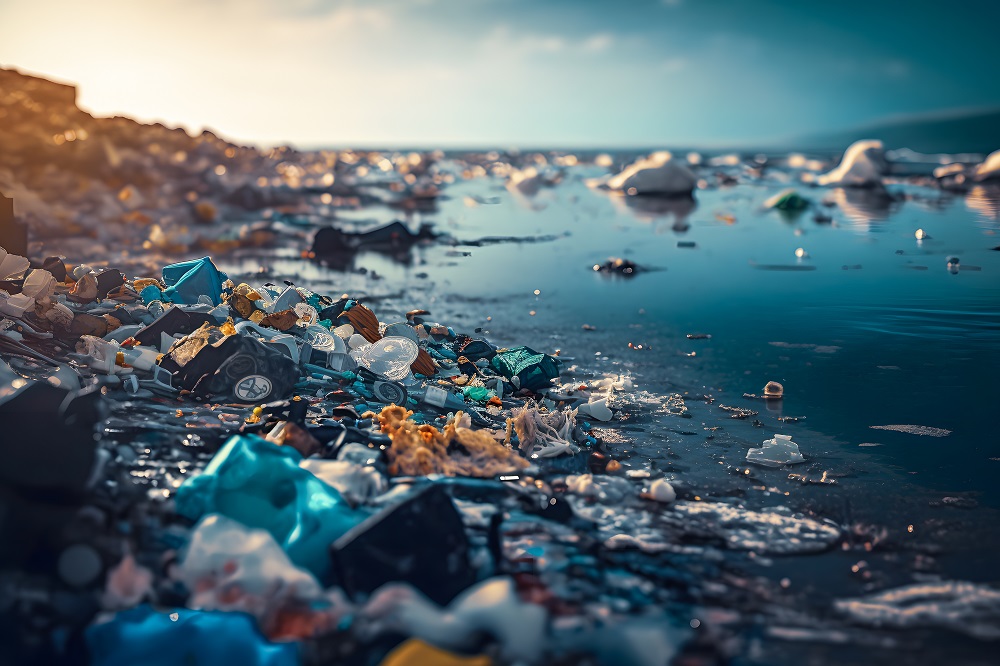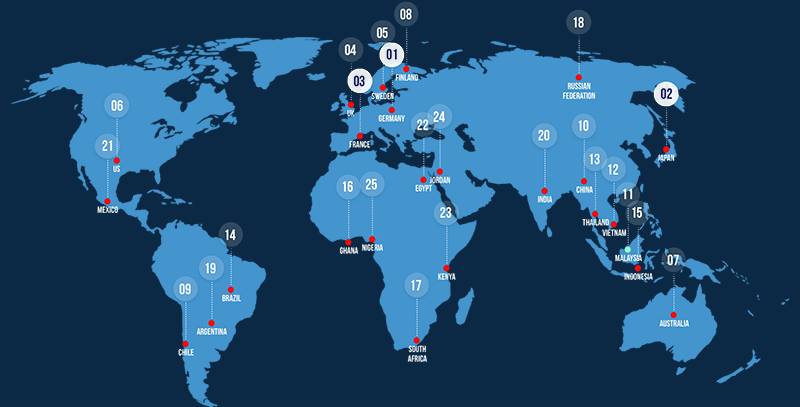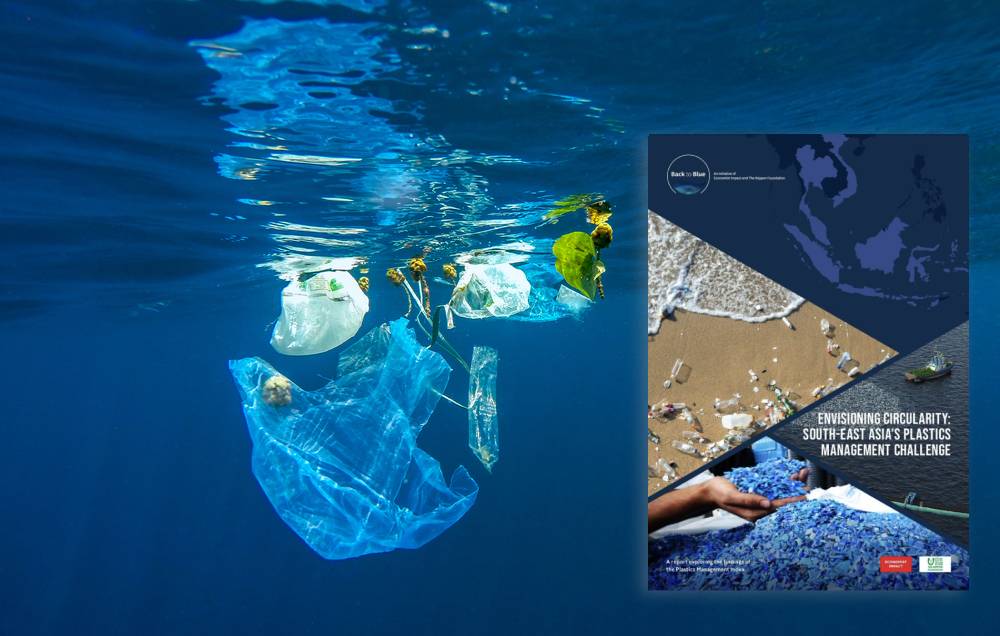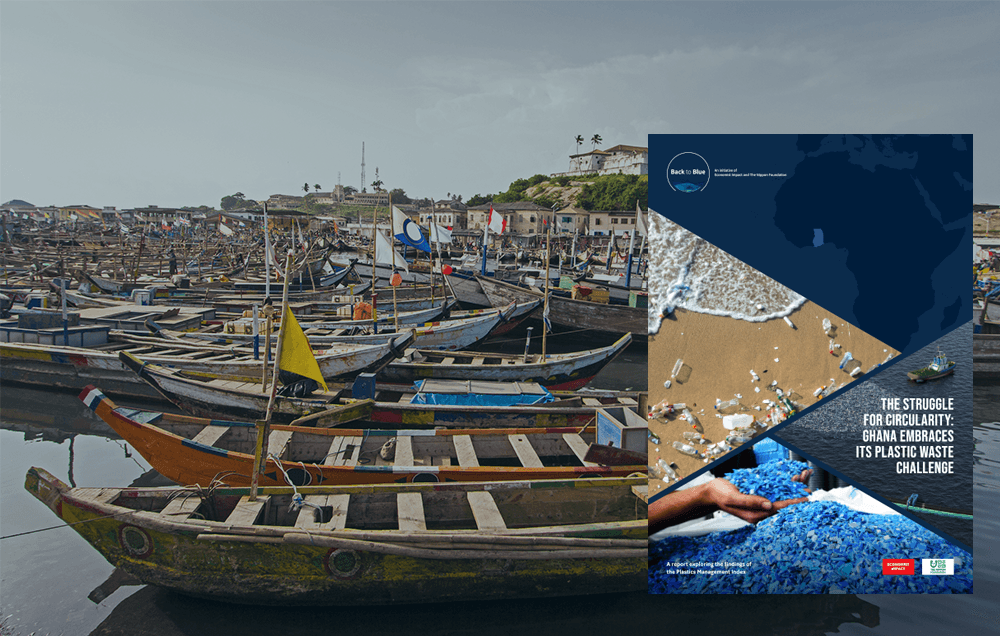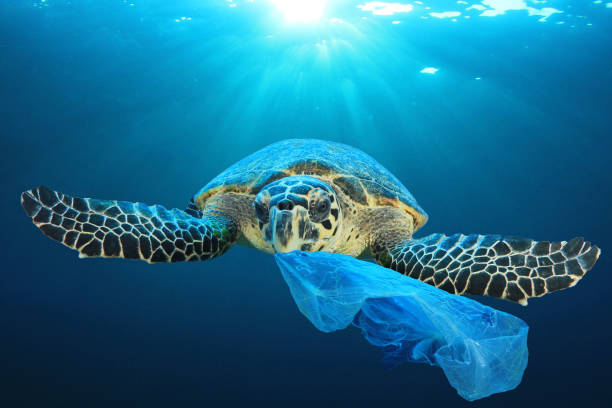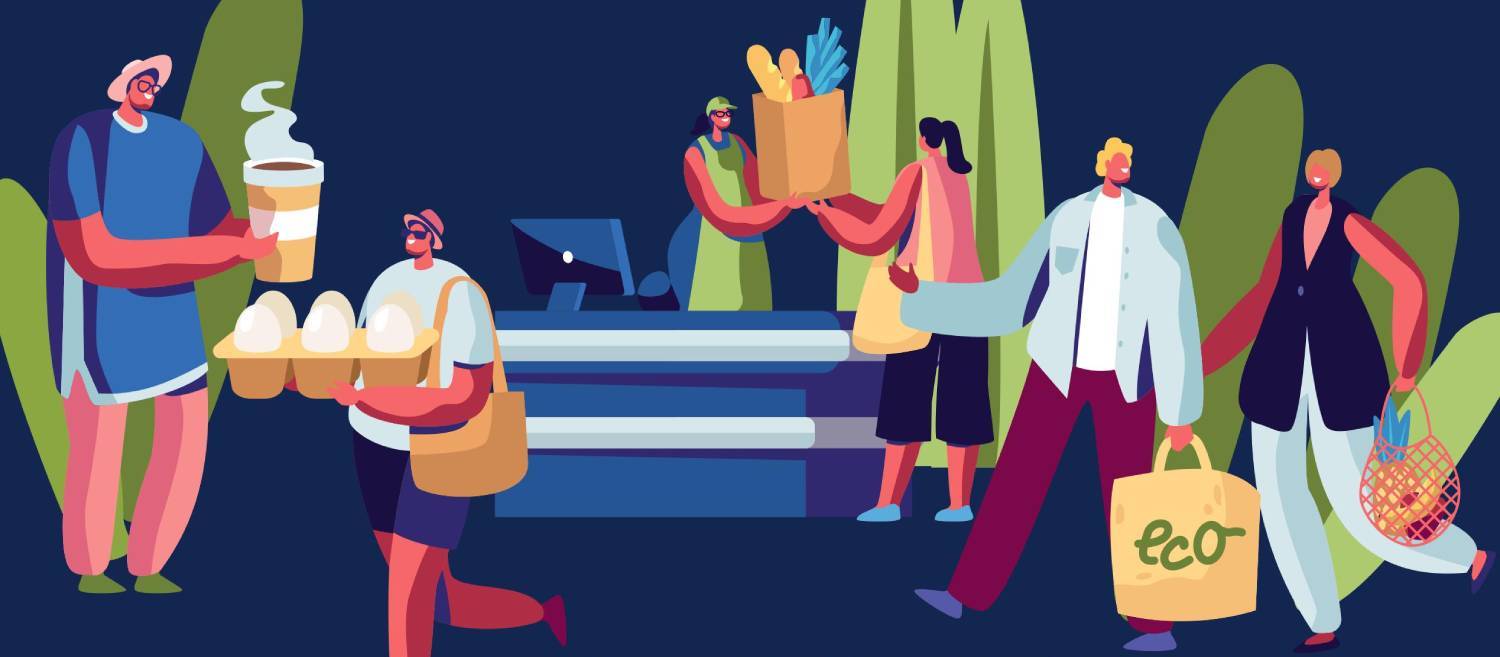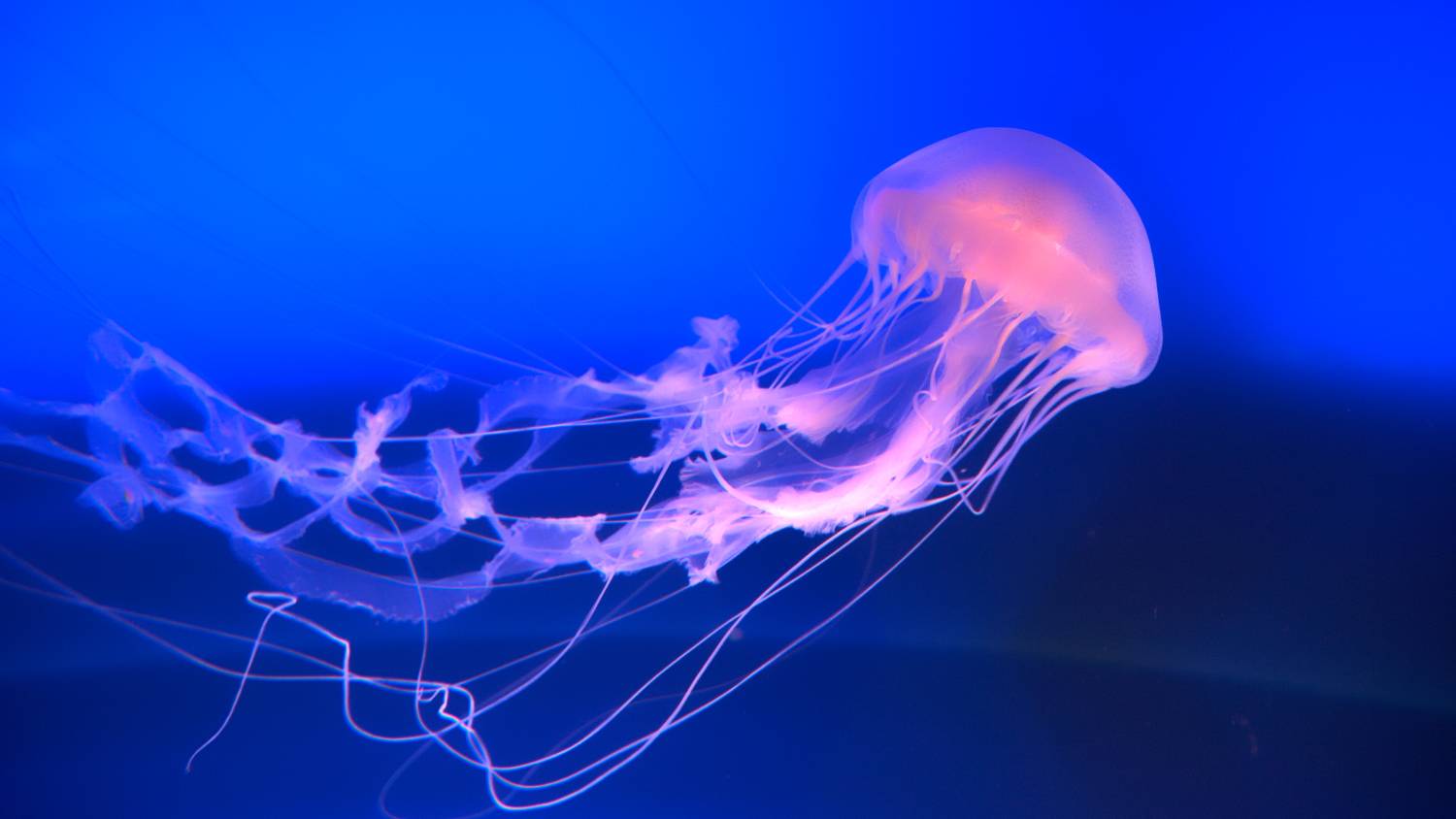
Research
Plastic PollutionSince mass production began around 1950, the world has manufactured an astounding amount of plastic—by 2015, this figure was estimated at 8.3 billion tonnes. Of this, 6.3 billion tonnes became waste, with nearly 80% ending up in landfills or polluting the environment, including oceans, where it will take centuries to degrade without truly disappearing. This issue shows no signs of waning, especially with production forecasted to double by 2040, making the current trajectory plainly unsustainable. Back to Blue aims to contribute to and stimulate new thinking on how best to move forward.
More Content
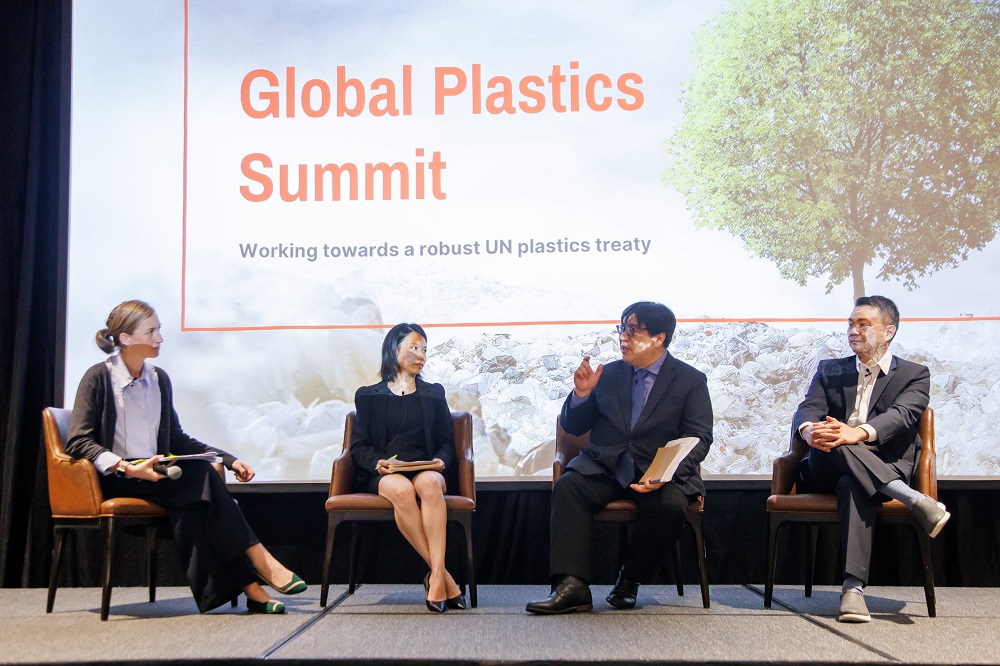
Small island developing states and plastics: roundtable and working group
The first session of the Intergovernmental Negotiating Committee on Plastics Pollution (INC-1) in Uruguay in 2022, and the second session (INC-2) in Paris in May-June 2023, began work towards a global United Nations (UN) treaty to minimise plastic pollution.
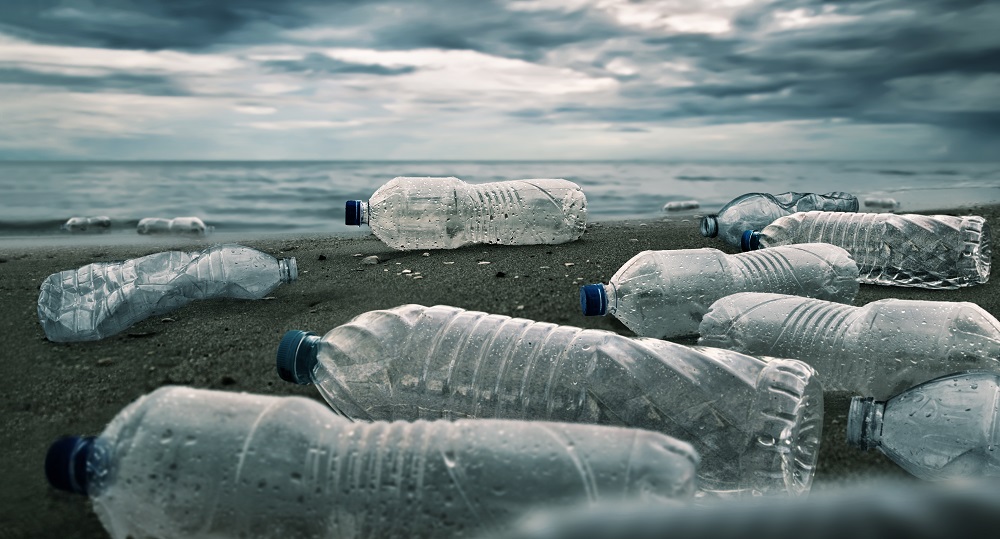
Key takeaways from the global plastics summit
Plastic pollution is one of the world’s most pressing environmental issues. The 14m tons of plastic entering the ocean each year damages marine ecosystems and human health, and the scale of this crisis demands urgent action.

Special report: The tech to tackle plastics
Global and national action on plastics legislation could lower pollution in the future, but innovators are already trying to clean up the legacy of macro- and microplastics already in the water systems and ocean.
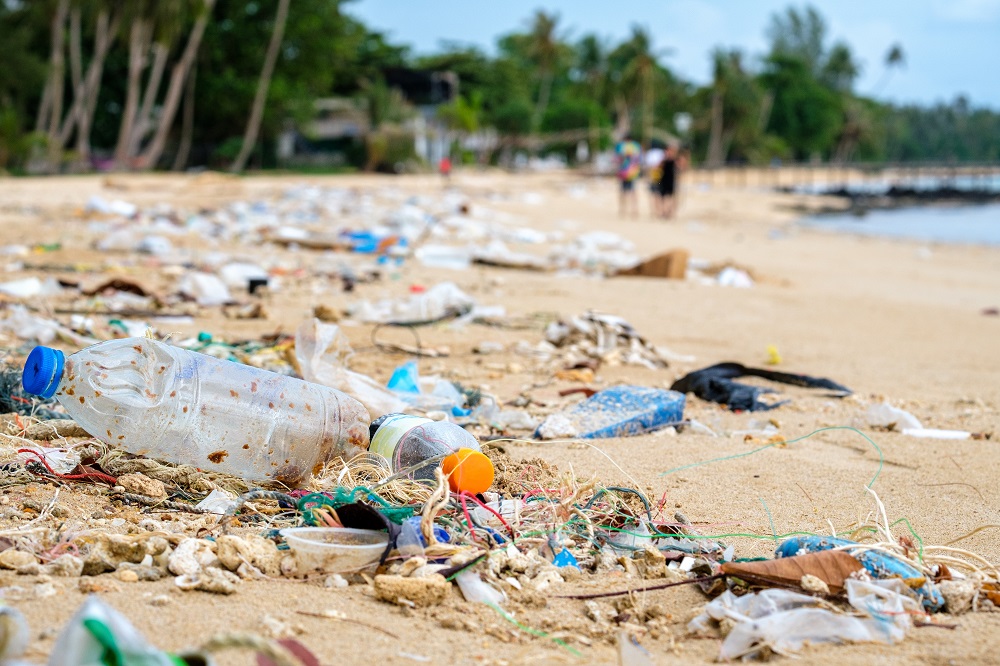
Small island developing states: Forging a position on plastics
Small island developing states (SIDS) are plagued by plastic pollution, with many receiving tonnes of packaging daily from the imports they heavily depend on. This is coupled with insufficient treatment facilities and limited land to store the resulting waste.
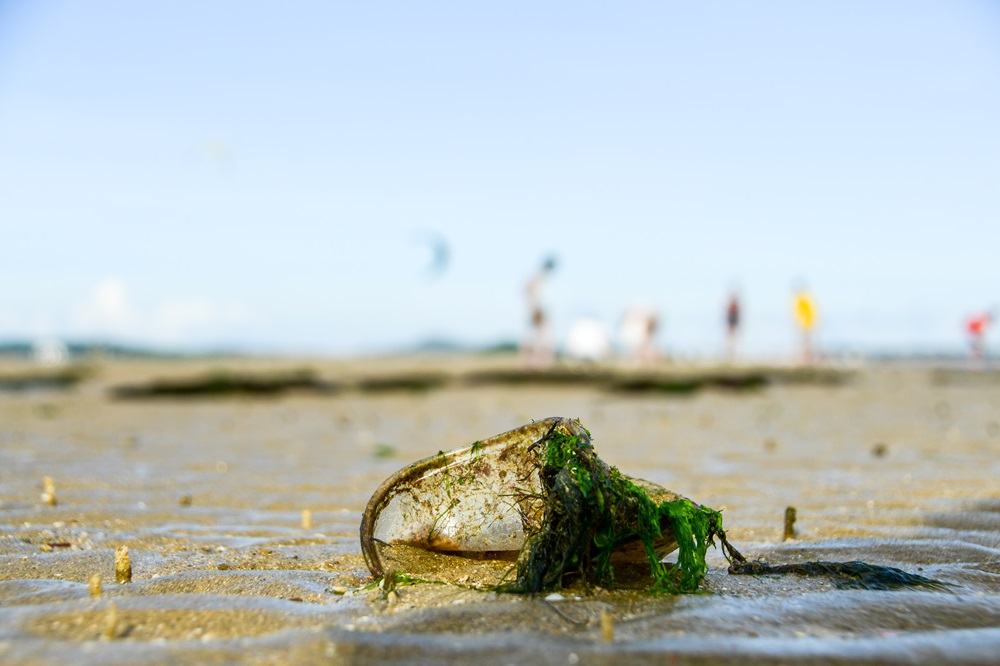
How to defeat the plastic tide that is threatening ASEAN’s green growth
Data show that plastic pollution is a critical challenge for the future of the region. With over 31 million tons of plastic waste a year generated in just six ASEAN countries, the impacts on health, fisheries and tourism are immense.

Plastics treaty negotiators must have access to the latest science: Global Plastics Summit
Plastic pollution has become one of our most pressing environmental issues. The scale of this crisis demands urgent action, with 14 million tons of plastic entering the ocean each year, damaging marine ecosystems and human health.
World Ocean Initiative
Economist Impact’s World Ocean Initiative imagines an ocean in robust health, and with a vital economy. Year-round and at our flagship World Ocean Summit, we foster a global conversation on the greatest challenges facing the seas, inspiring bold thinking, new partnerships and the most effective action to build a sustainable ocean economy.
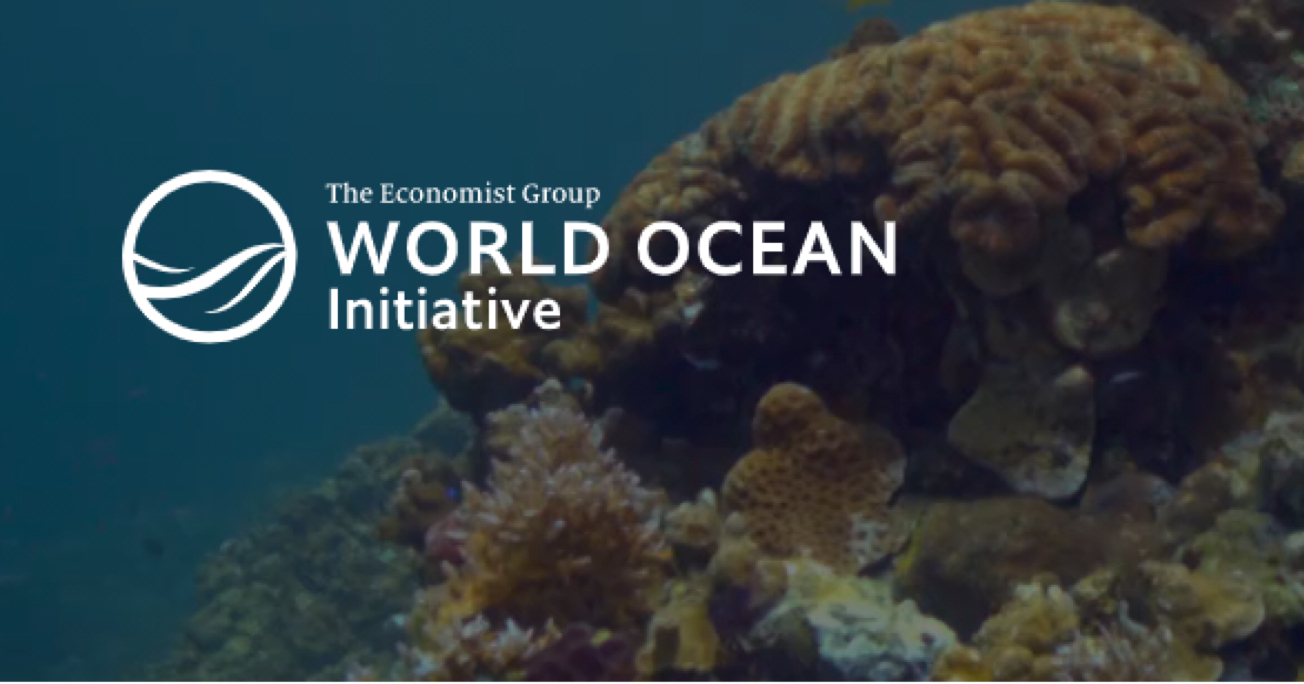
The Sustainability Project
With less than ten years to achieve the 2030 Sustainable Development Goals, there is a renewed urgency to examine global systems and balance human aspirations with the planet’s ability to sustain them. This is why Economist Impact has launched The Sustainability Project, a content platform and community hub combining insights, innovation and influence.

WE WOULD LOVE TO HEAR FROM YOU
We welcome your feedback and comments.
If you have an editorial or media related request, a member of the media team will get back to you.
Back to Blue is an initiative of Economist Impact and The Nippon Foundation
Back to Blue explores evidence-based approaches and solutions to the pressing issues faced by the ocean, to restoring ocean health and promoting sustainability. Sign up to our monthly Back to Blue newsletter to keep updated with the latest news, research and events from Back to Blue and Economist Impact.
The Economist Group is a global organisation and operates a strict privacy policy around the world.
Please see our privacy policy here.
THANK YOU
Thank you for your interest in Back to Blue, please feel free to explore our content.
CONTACT THE BACK TO BLUE TEAM
If you would like to co-design the Back to Blue roadmap or have feedback on content, events, editorial or media-related feedback, please fill out the form below. Thank you.
The Economist Group is a global organisation and operates a strict privacy policy around the world.
Please see our privacy policy here.



 The scourge of untreated wastewater
The scourge of untreated wastewater Slowing
the chemical tide: safeguarding human and ocean health amid
chemical pollution
Slowing
the chemical tide: safeguarding human and ocean health amid
chemical pollution Hazardous chemicals in plastics - the discussions at INC
Hazardous chemicals in plastics - the discussions at INC


